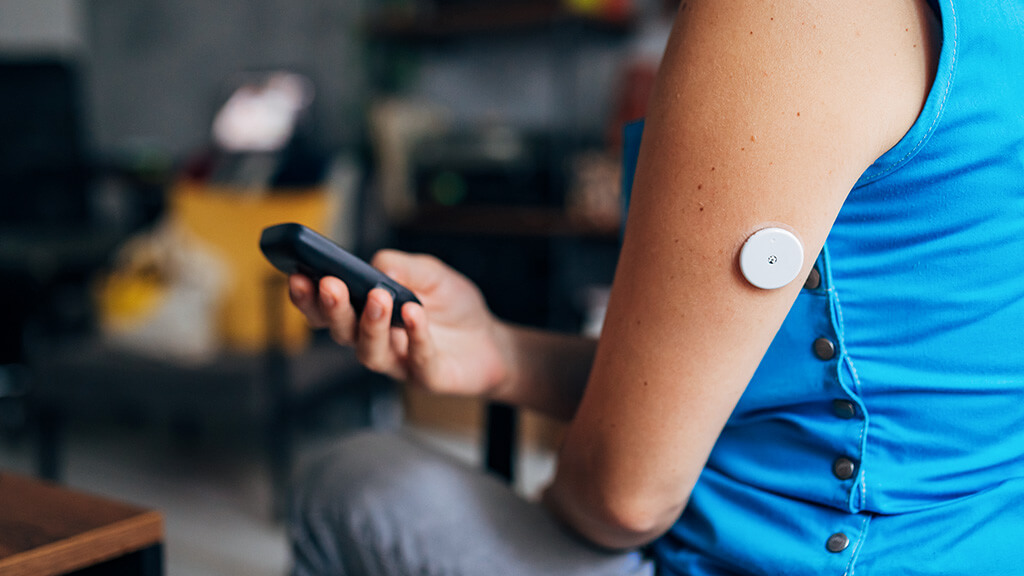Provides data integration options to capture and analyze data from FDA-approved continuous glucose monitoring devices in clinical trials.
Winston-Salem, NC – Clinical ink, a global life science technology company, now offers continuous glucose monitoring (CGM) within its integrated digital biomarker solution. The new modules enable remote collection, central storage, and analysis of sensor data from commercially available devices for use in diabetes clinical trials. The solution addresses device connectivity status, providing robust, on-device CGM data collection in both offline and online scenarios with efficient data synchronization management when connected.
This integration is facilitated by the recent FDA clearance of commercial CGM devices, which include the Abbott FreeStyle Libre 3 System and the Dexcom G7 System. CGM is now also recommended in the expanded 2022 American Diabetes Association clinical guidelines for adults and children, as well as the 2022 FDA guidance on feasibility of use in diabetes clinical trials.
“I am delighted that Clinical ink is leading the industry in the introduction of CGM as the latest addition to a comprehensive suite of digital biomarkers covering multiple therapeutic areas,” comments Jonathan Goldman, MD, CEO at Clinical ink., “These technologies have the potential to improve patient safety by increasing the frequency and resolution of real-time monitoring while decreasing clinical trial costs and time-to-decision.”
The Clinical ink data integration provides full centralized access to a suite of metrics that are compliant with CGM guidelines, along with behavioral, cognitive, and biometric measures. The ability to monitor the relationships between glucose levels, behavior, and physiological response in near real time provides unprecedented insights for actionable intervention and behavior modification. The solution completes the Clinical ink suite, which includes eCOA, decentralized clinical trial capabilities, and data science solutions that deliver complex diabetes protocols in the clinical environment.
“This work promises to expand Clinical ink’s data collection capabilities for diabetes clinical trials,” adds Stephen Polyak, PhD, VP of Engineering and Data at Clinical ink. “We believe CGMs are a valuable tool for clinical trials that will improve the quality and accuracy of glucose data, reduce participant burden, improve safety monitoring, and provide valuable longitudinal data.”
The addition of CGM capabilities further demonstrates the company’s commitment to providing innovative eClinical solutions for the pharmaceutical, biotechnology, and medical device industries. With this integration, Clinical ink solidifies its position as a leader in the industry, delivering advanced solutions for complex diabetes protocol design and deployment.
About Clinical ink
Clinical ink is the global life science company that brings data, technology, and patient-centric research together. Our deep therapeutic-area expertise, coupled with Direct Data Capture, eCOA, eConsent, telehealth, neurocognitive testing, and digital biomarkers advancements, drive the industry standard for data precision and usher in a new generation of clinical trials.
